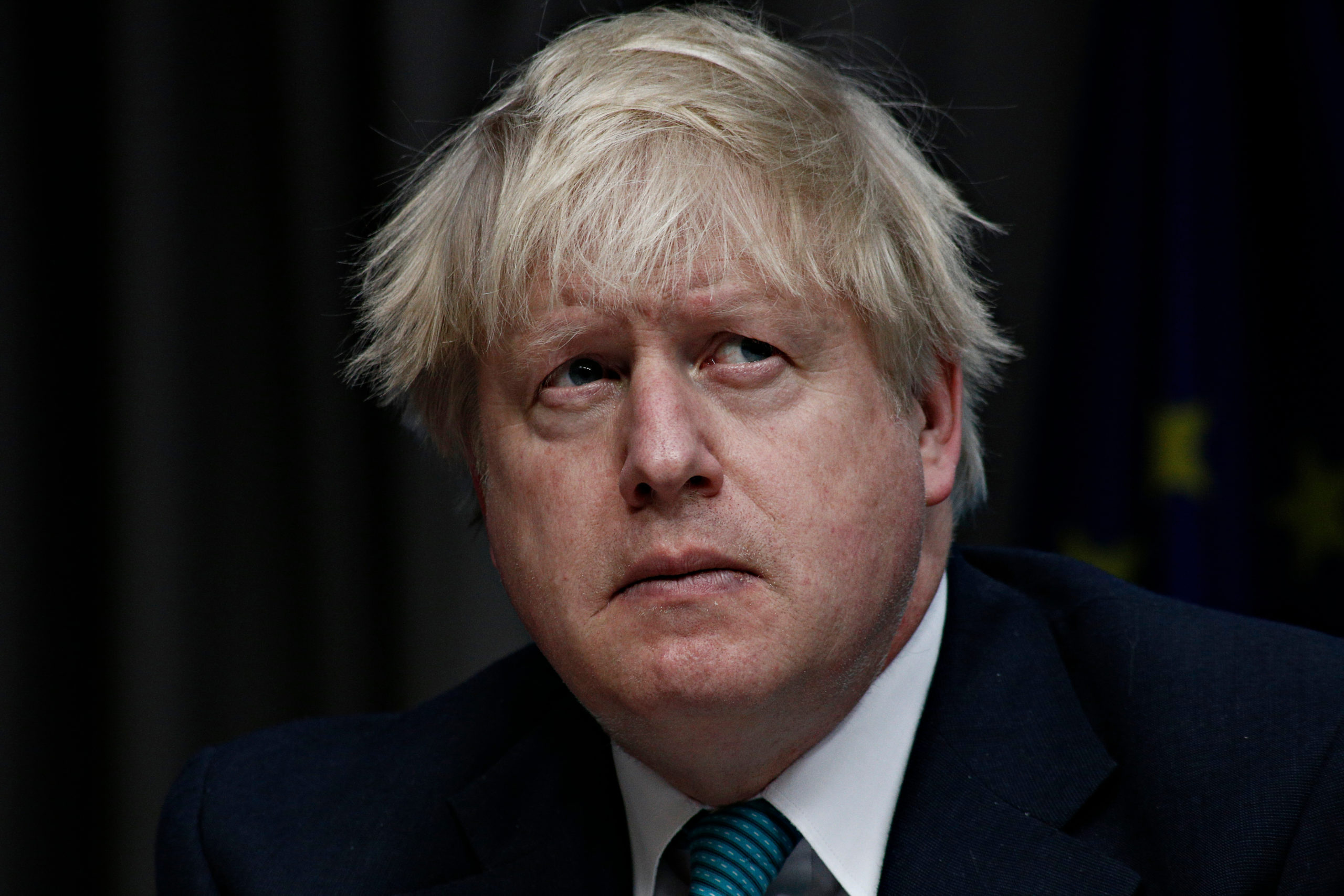The importance of being Boris
February 2022
Reading time: 4 minute(s).
No matter your political leanings, the fallout from senior civil servant Sue Gray’s report into the Downing Street parties represents a nightmare for anyone involved in crisis communications.
While the current parliamentary recess will be a welcome respite from the mudslinging that dominated his last few weeks at the despatch box, you can bet his team are enduring sleepless nights trying to control the narrative ahead of his return.

It’s a tough ask for any communications team. The fact remains that while his party line during the lockdowns of 2020 was for the public to stay at home, his own party was not following this advice; a double standard that again brings his integrity – and that of his party – into question.
Had he been a senior civil servant or policy wonk, he would have fallen on his sword. But this is the PM and, crucially, the leader of a party for which his persona is the defining characteristic.
His team’s crisis communications strategy so far appears to be to bury the story and distract in the hope of running down the clock. The media are notoriously fickle and stories age fast.
But railing against 100,000 Russian soldiers on the border of Ukraine, or championing our early release from COVID-19 restrictions won’t deflect attention.
Provisional sackings haven’t worked and his conduct in the Commons mean further mea culpas are unlikely to be effective; the sacrifice most of his voters made on his party’s advice is simply too great. The story is also too far fledged to get ahead of.
The best they can hope for is to downplay the significance of the parties against stories building elsewhere, or to capitalise on and inflate the success of progress elsewhere for long enough that the media lose interest. The reputational damage seems confined to Boris. His party’s policies and achievements are not under the microscope; his authenticity and his words are. And while words count for very little when authenticity is in doubt, Boris is adept at bouncing back.

Reputation in the world of business
If your CEO’s persona is being cultivated and championed by your organisation, or perhaps even its defining characteristic, then the first rule of order is to protect it.
In early 1991 when Gerald Ratner destroyed his multi-million-dollar business in front of 6,000 business people and journalists with 10 seconds of ill-advised onstage candour at a meeting of the Institute of Directors, he did so by exposing the inner workings of his company for all to see. The rot evidently ran deep. Clients who loved his brand for its affordability now understood that – in Ratner’s own words – it was affordable because it was “total crap”. They had indirectly been told his business could sell a pair of earrings for under a pound because it was “cheaper than a shrimp sandwich from Marks and Spencer” and “probably wouldn’t last as long”.
Barely any of the platforms we use to communicate to potential clients today existed in 1991. Today Ratner could have burned his business down in 270 characters; a viral video of an unsheltered conversation could reach 60 million people before Ratner had returned to his office.
There are so many ways to connect with your audience that any business with a reputation built on its leader’s persona has to have a crisis communications plan in place. Believability and bombast buy business and column inches; but so does scandal.
With so many channels for communication and so many platforms on which to be publicly feted or pilloried, organisations have to be acutely aware of the potential for reputational damage and ensure that by the time it arrives, there is a plan in place to deal with it.

